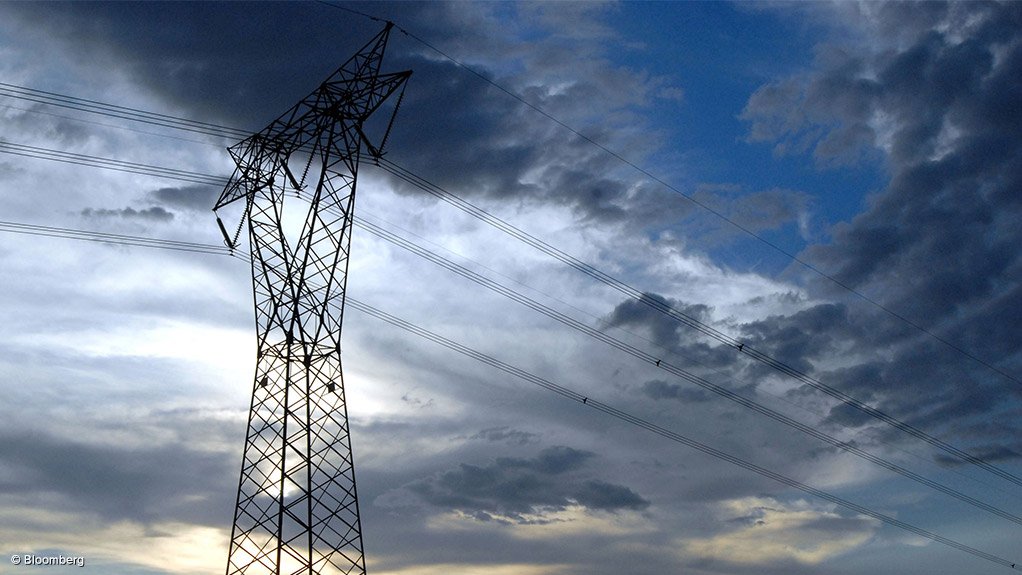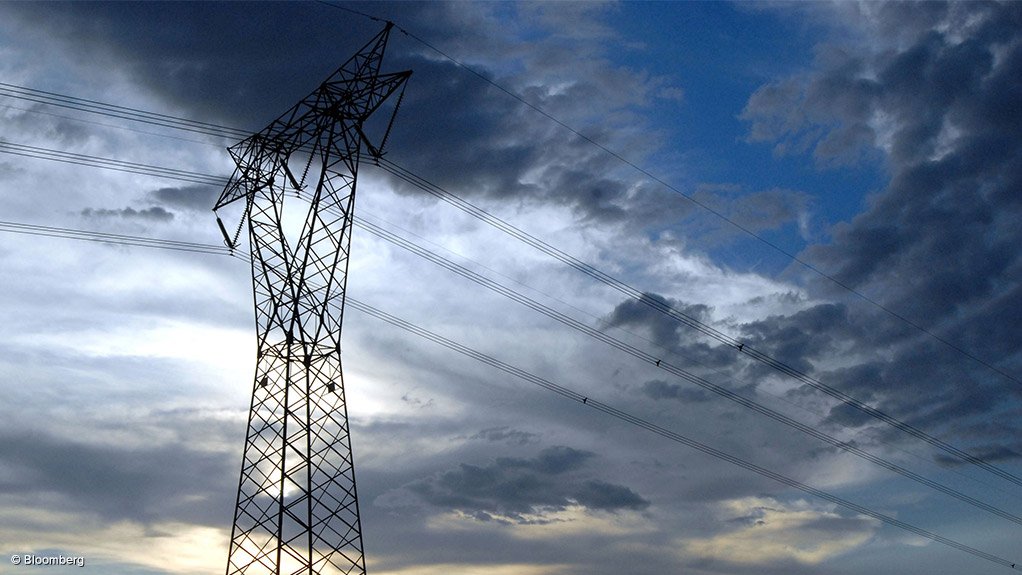A specialist in finance and energy says South Africa's electricity prices are too low and unsustainable.
“We are under-pricing electricity by at least a factor of two,” Bridge Capital Refco director Dudley Baylis told Engineering News Online.
Baylis, who believes that finance was the core issue that needed to be resolved in the energy sector, believed the regulatory environment should shift to allow for a balance between private and public funding.
“The price of energy is becoming a constraint. One price fits all is inappropriate. We need a system where you continue with some regulatory control by the National Energy Regulator of South Africa but allow some tariffs to float freely. If you allow private money to come in, then you will have a different set of opportunities.”
Earlier Baylis told a meeting of the South Africa National Energy Association (Sanea) in Cape Town on Tuesday that far more focus should be placed on building sustainable power capacity as a foundation to grow the economy.
He said planners had got it wrong if they wanted to build the economy first and think about energy needs thereafter.
“If we don’t build power capacity, we cannot build our country,” Baylis said.
Baylis, who works at finding innovative ways to finance energy infrastructure implementation, said South Africa was overly worried about stranded capacity. He suggested that government allocate more money to energy investments.
“Stranded capacity is the great terror of energy planners, especially [State-owned power utility] Eskom. We have a fear about the over-supply of energy. Yet by far the bigger problem is a shortage of energy.”
Baylis said while the Department of Energy’s Integrated Resource Plan had stipulated that South Africa’s electricity resources be increased to 68 GW in 2030, this would fall short of demand. He believed South Africa would need between 110 GW and 130 GW of power capacity by 2030.
Baylis suggested that government had set 68 GW as a target as it did not want stranded capacity, adding that renewable technologies would need to help speed up the availability of power.
“If it takes eight, nine, ten years to build a power station, we’re not going to be able to win the game. We have to add megawatts fast. Renewable power systems deployed at smaller scales with great performance have a faster impact," he stated.
Baylis said new, improved and cheaper technologies were driving change.
“We are going to see a massive change in the way energy is built and delivered,” he told the Sanea meeting.
EMAIL THIS ARTICLE SAVE THIS ARTICLE
To subscribe email subscriptions@creamermedia.co.za or click here
To advertise email advertising@creamermedia.co.za or click here













